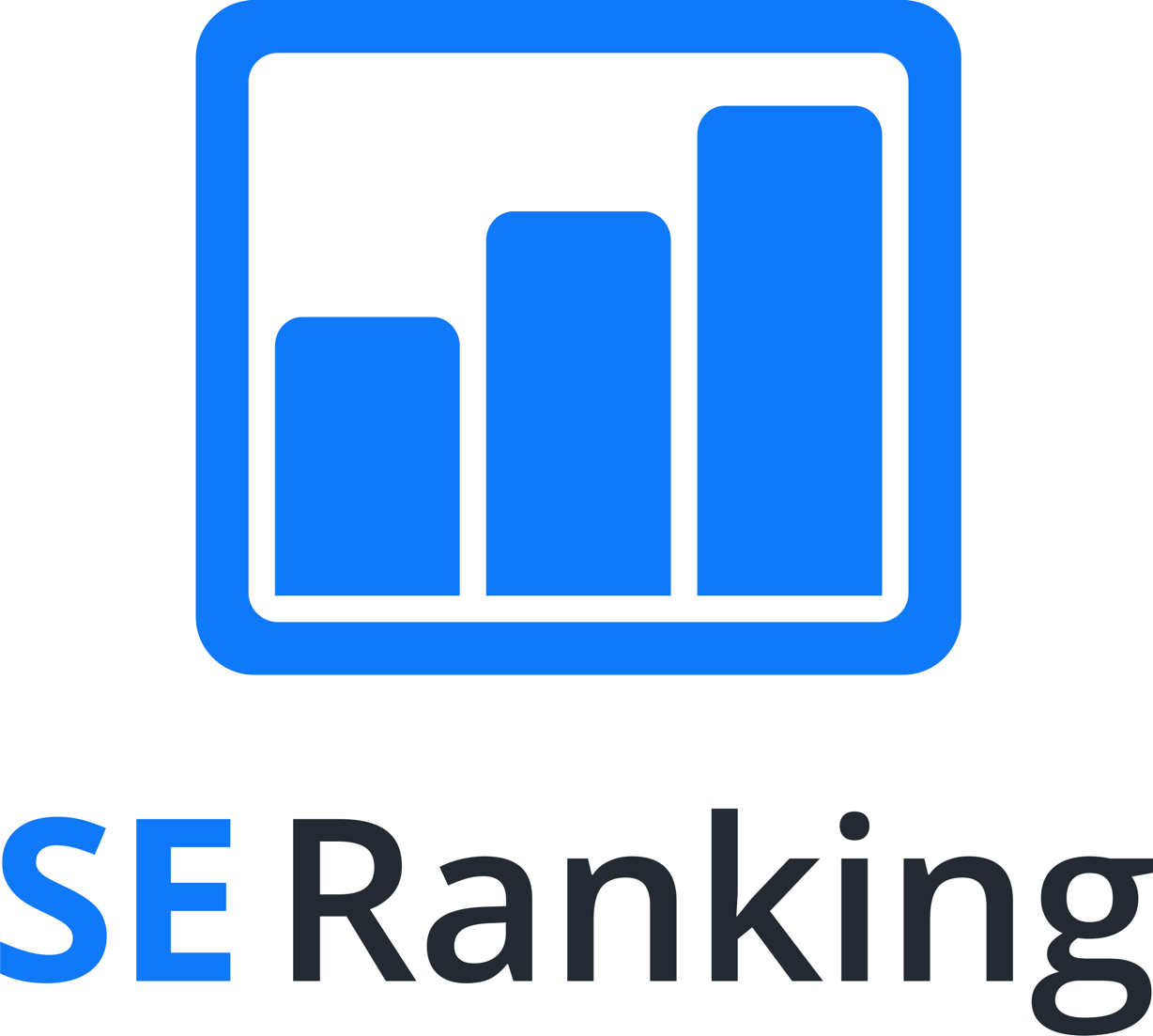Description

Site Analyzer

Yoast
Comprehensive Overview: Site Analyzer vs Yoast
Site Analyzer
a) Primary Functions and Target Markets
Primary Functions: Site Analyzer is a comprehensive SEO tool designed to help users optimize their websites for better search engine visibility and performance. The primary functions include:
- Website Analysis: Offers detailed reports on website SEO performance, identifying issues such as broken links, slow loading times, and duplicate content.
- Keyword Analysis: Provides insights into keyword rankings and helps in discovering new keyword opportunities.
- Competitor Analysis: Allows users to compare their site's performance with competitors and understand their SEO strategies.
- Technical SEO Audits: Analyzes technical aspects like site architecture, mobile responsiveness, and security compliance.
Target Markets: Site Analyzer primarily targets small to medium-sized businesses, digital marketing agencies, and SEO professionals who need a reliable tool for comprehensive site audits and ongoing SEO maintenance.
b) Market Share and User Base
Site Analyzer occupies a niche market segment focused on technical SEO and analysis. While it may not have the same market penetration as larger, more established names like Yoast, it caters to users looking for specialized technical analysis and ease of use without the complexity of more advanced tools. Its user base primarily consists of businesses needing straightforward, actionable insights into their SEO performance.
Yoast
a) Primary Functions and Target Markets
Primary Functions: Yoast is one of the most popular SEO plugins, especially among WordPress users. Its primary functions include:
- On-Page SEO Optimization: Offers tools for optimizing posts and pages for target keywords, including readability checks and SEO scores.
- XML Sitemaps Creation: Automatically generates XML sitemaps to help search engines better crawl and index the site.
- Schema Implementation: Assists in implementing structured data to enhance search engine understanding.
- Content Insights and Suggestions: Provides content writing tips and insights to develop SEO-friendly content.
Target Markets: Yoast is targeted primarily at WordPress users, including bloggers, website owners, and SEO professionals who use WordPress as their content management system. It serves a wide range of businesses, from personal bloggers to large enterprises.
b) Market Share and User Base
Yoast is a leader in the WordPress SEO plugin market, with millions of active installations worldwide. Its extensive reach is attributed to its user-friendly interface and seamless integration with the WordPress platform, making it accessible to both novices and experienced professionals. Its market share is substantial due to its reputation as one of the most effective SEO tools for WordPress users.
Key Differentiating Factors
-
Platform Specificity: Yoast is deeply integrated with WordPress, making it an ideal choice for WordPress users seeking a plugin that works seamlessly with their site. Site Analyzer, on the other hand, functions independently of any specific platform and can be used with any website.
-
Focus of Features: Yoast excels in on-page SEO optimization and offers a guided approach to creating content that adheres to SEO best practices. Site Analyzer’s strength lies in its technical SEO audits and broader site analysis, covering various technical aspects that Yoast might not address comprehensively.
-
User Base: Yoast serves a larger, more diverse user base due to its integration with WordPress and ease of use, appealing to anyone from individual bloggers to large organizations running WordPress sites. Site Analyzer is more focused on businesses looking for detailed technical insights, and may have a smaller, but technically inclined user base.
-
Pricing Model: Yoast provides a freemium model, with a free version offering basic features, and premium options for more advanced functionalities. Site Analyzer typically offers tiered pricing based on feature access and the extent of analysis required, catering to a different budget range and potentially offering more comprehensive technical reports at higher tiers.
In summary, while both tools aim to enhance SEO performance, they cater to different segments of the market with distinct functionalities and integrations that reflect their respective focus and target users.
Contact Info

Year founded :
2011
+1 201-479-9022
Not Available
France
http://www.linkedin.com/company/site-analyzer

Year founded :
2010
Not Available
Not Available
Netherlands
Not Available
Feature Similarity Breakdown: Site Analyzer, Yoast
When comparing Site Analyzer and Yoast, both of which are tools designed to enhance SEO (Search Engine Optimization), it's important to analyze their core features, user interfaces, and unique attributes.
a) Core Features in Common
-
SEO Analysis: Both tools offer SEO analysis to help improve website rankings. They provide insights into how websites perform in terms of search engine visibility.
-
Keyword Optimization: Both platforms assist in optimizing content with the appropriate keywords to enhance search rankings.
-
Content Evaluation: Both tools offer content evaluation features, such as analyzing readability and content structure.
-
Performance Tracking: They both allow users to track the performance of their websites and suggest areas for improvement.
-
Technical SEO Checks: Site Analyzer and Yoast both perform technical SEO checks, such as identifying broken links and improving site speed.
b) User Interfaces Comparison
-
Site Analyzer: Its interface is generally comprehensive but can be overwhelming for beginners. It offers a dashboard that provides a lot of detailed data and reports which are useful for in-depth SEO analysis.
-
Yoast: Known for its user-friendly, intuitive interface, especially as a WordPress plugin. It integrates seamlessly with WordPress, displaying a straightforward, step-by-step guide to optimizing content within the WordPress editor.
c) Unique Features
-
Site Analyzer:
- Comprehensive Site Audits: Offers detailed site audits that include more in-depth technical analysis, competitor analysis, and rank tracking over time.
- White-label Reports: Provides the ability for agencies to rebrand and customize reports for clients.
- Competitor Analysis: This feature allows users to compare their site performance against competitors directly.
-
Yoast:
- WordPress Integration: It is specifically optimized for WordPress sites with features directly integrated into the CMS, which is unique when compared to more generalized SEO tools.
- Content Readability Analysis: Provides comprehensive readability analysis at the post-edit level within WordPress.
- SEO Workflows and Tips: Offers more user guidance with step-by-step tips and SEO best practice suggestions tailored directly to content creation in WordPress.
Both products offer a variety of features that cater to different aspects of the SEO process, but their approach and user interaction model vary, with Site Analyzer catering to a more technical audience looking for depth and Yoast focusing on seamless integration and content optimization within WordPress.
Features

Not Available

Not Available
Best Fit Use Cases: Site Analyzer, Yoast
Site Analyzer and Yoast are both tools used for search engine optimization (SEO) but cater to slightly different use cases and types of businesses.
Site Analyzer:
a) For what types of businesses or projects is Site Analyzer the best choice?
-
Digital Marketing Agencies: Site Analyzer is well-suited for agencies that manage multiple client websites. Its comprehensive suite of tools helps agencies conduct audits, monitor SEO performance, and report on multiple domains.
-
Large Enterprises: Enterprises with complex websites and multiple subdomains can benefit from Site Analyzer's in-depth analysis and reporting features. It supports large-scale audits which are necessary for corporate websites.
-
SEO Professionals: Independent SEO consultants and professionals can use Site Analyzer for detailed insights and optimization strategies. The tool helps with keyword tracking, site health monitoring, and competitive analysis.
-
Businesses Requiring Deep Analytics: Companies that demand deep, technical SEO insights, including audits on server response times, broken links, and more, may find Site Analyzer beneficial due to its detailed diagnostic capabilities.
b) In what scenarios would Yoast be the preferred option?
-
Small to Mid-sized Businesses: Yoast is often favored by small to medium-sized businesses because it offers a user-friendly interface and clear guidance on improving on-page SEO.
-
Content-driven Websites: Blogs, news sites, and content-heavy websites can benefit greatly from Yoast's focus on content optimization, readability analysis, and integration with WordPress.
-
Website Owners with Limited SEO Knowledge: Yoast is ideal for individuals or teams who might not have in-depth SEO experience. Its intuitive traffic light system (green, yellow, red) provides easily understandable feedback on how to improve content for SEO.
-
WordPress Websites: Given Yoast is a WordPress plugin, it seamlessly integrates with WordPress sites, making it an obvious choice for businesses and individual site owners who use this CMS.
d) How do these products cater to different industry verticals or company sizes?
-
Industry Verticals:
- Site Analyzer: It caters to various industries needing in-depth technical SEO audits, such as ecommerce, healthcare, or large tech companies, industries where site performance and search engine rankings are crucial.
- Yoast: Best fitted for industries focused heavily on content marketing and organic search, such as publishing, education, or smaller ecommerce niches where on-page SEO is more critical than technical audits.
-
Company Sizes:
- Site Analyzer: More suitable for larger companies or agencies due to its breadth of features and detailed analytics. These features can support the needs of complex websites and high-volume digital marketing efforts.
- Yoast: Better suited for small to medium-sized businesses or individual site owners who need straightforward guidance and implementation of SEO best practices without requiring a specialized SEO team.
Both tools have their unique strengths, with Site Analyzer offering comprehensive analysis suitable for complex scenarios and Yoast providing user-friendly and accessible SEO optimization for WordPress users.
Pricing

Pricing Not Available

Pricing Not Available
Metrics History
Metrics History
Comparing undefined across companies
Conclusion & Final Verdict: Site Analyzer vs Yoast
Conclusion and Final Verdict for Site Analyzer vs. Yoast
When deciding between Site Analyzer and Yoast, it’s essential to evaluate what specific SEO needs you have and what you want to accomplish with these tools. Each software offers unique features catered to different aspects of SEO.
a) Considering all factors, which product offers the best overall value?
In terms of overall value, Yoast is generally favored for Wordpress users due to its seamless integration and comprehensive optimization features tailored for content creation and management. It is ideal for those who want an all-encompassing tool integrated directly within their site’s framework to assist with on-page SEO and readability enhancements. However, Site Analyzer provides a more extensive suite of analytical tools for a broader scope beyond just content optimization, offering valuable insights, particularly for businesses or agencies managing multiple sites.
Verdict: Yoast offers better overall value for WordPress site owners focused on content optimization and on-page SEO. However, for broader website analysis and SEO management, Site Analyzer might provide more value.
b) Pros and Cons of Choosing Each Product
Yoast Pros:
- Seamless integration with WordPress.
- User-friendly interface with suggestions for content improvement.
- Offers real-time feedback on readability and SEO for individual posts.
- Frequent updates and a large community for support.
Yoast Cons:
- Limited to WordPress, not usable on other platforms.
- Advanced features require a paid version.
- Might not suffice for comprehensive site analysis.
Site Analyzer Pros:
- Comprehensive site audit capabilities covering various SEO aspects like performance, content, and backlinks.
- Can be used on any website, not just WordPress.
- Provides detailed reports and analytics for strategic planning.
Site Analyzer Cons:
- Can be overwhelming for beginners due to its extensive features.
- Might lack the intuitive content feedback that Yoast provides.
- Typically more expensive than Yoast’s premium options.
c) Recommendations for Users Deciding Between Site Analyzer vs Yoast
For users deciding between the two tools, consider the following recommendations:
-
WordPress Users Focused on Content Creation: Yoast is likely the better choice due to its integrated approach and focus on content, helping ensure all posts are optimized from the start.
-
Businesses with Multiple Websites or Non-WordPress Sites: Site Analyzer would be more beneficial as it offers a wide array of tools for in-depth website performance evaluation, useful for comprehensive SEO management.
-
Budget Considerations: Consider the costs associated with premium features for both Yoast and Site Analyzer. If you’re on a tight budget and seeking WordPress-specific solutions, the free version of Yoast might suffice for basic needs.
-
Level of SEO Expertise: Beginners might appreciate Yoast’s straightforward and guided approach, while experienced SEO professionals could leverage Site Analyzer’s detailed analytical capabilities for in-depth strategies.
Ultimately, the decision hinges on whether you seek an integrated tool for WordPress with a user-friendly interface (Yoast) or a more versatile, detailed analysis tool that isn't limited to any specific platform (Site Analyzer). Evaluate based on your project scope, platform preferences, and SEO goals.
Add to compare
Add similar companies




